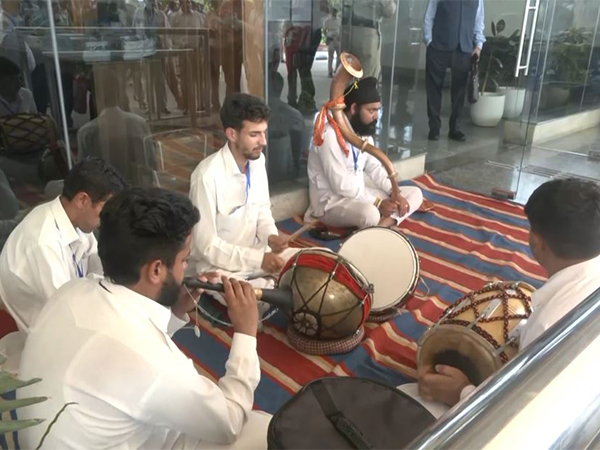Dalai Lama: A Life of Influence and Exile
The Dalai Lama, the spiritual leader of Tibetan Buddhism, has championed non-violent advocacy for Tibetan autonomy and religious freedom. Exiled since 1959, he continues to inspire worldwide despite opposition from China. As he approaches his 90th birthday, speculation about his successor grows, especially following his strong recent statements.

The Dalai Lama, Tibet's spiritual leader, has long identified himself as merely a simple monk. However, for more than sixty years, his charm and conviction have kept his people's struggle on the international stage. In 1959, Tenzin Gyatso, the 14th Dalai Lama, escaped Chinese rule, settling into exile in India.
He has persistently championed a non-violent "Middle Way" to autonomy and religious freedom for Tibet, earning the 1989 Nobel Peace Prize. While his message resonates globally, it rankles China, which views him as a separatist threat. Yet, he remains a beloved figure, meeting world leaders and inspiring millions with his teachings on kindness.
The Dalai Lama's 90th birthday, marked by discussions about his successor, highlights Tibetan traditions involving reincarnation. His recent statements clarify that any successor would emerge from the "free world." Despite health challenges, he remains hopeful of living beyond 100, continuing his mission from Dharamshala.
(With inputs from agencies.)
ALSO READ
Philippines and Japan Strengthen Ties with Joint Drills Amid South China Sea Tensions
EU-China Dialogue Highlights Tibetan Human Rights Concerns
Lupin and Sino Universal Forge Partnership for COPD Treatment Breakthrough in China
Rising Tensions: Joint Philippine-Japan Drill Amid Chinese Patrols in South China Sea
Nuclear Build-Up: India and Pakistan in a Modern Arms Race, China Accelerates Its Nuclear Expansion










